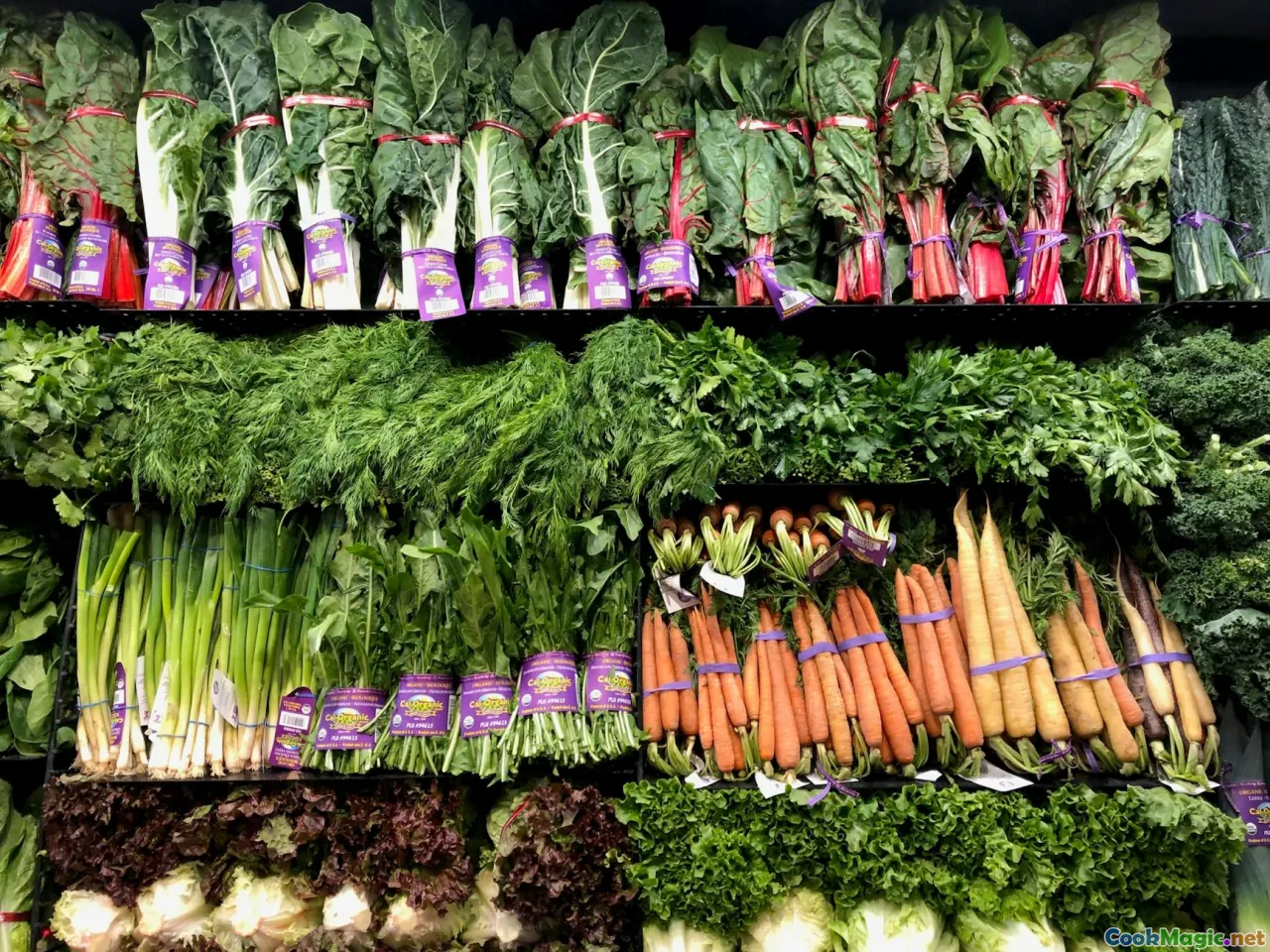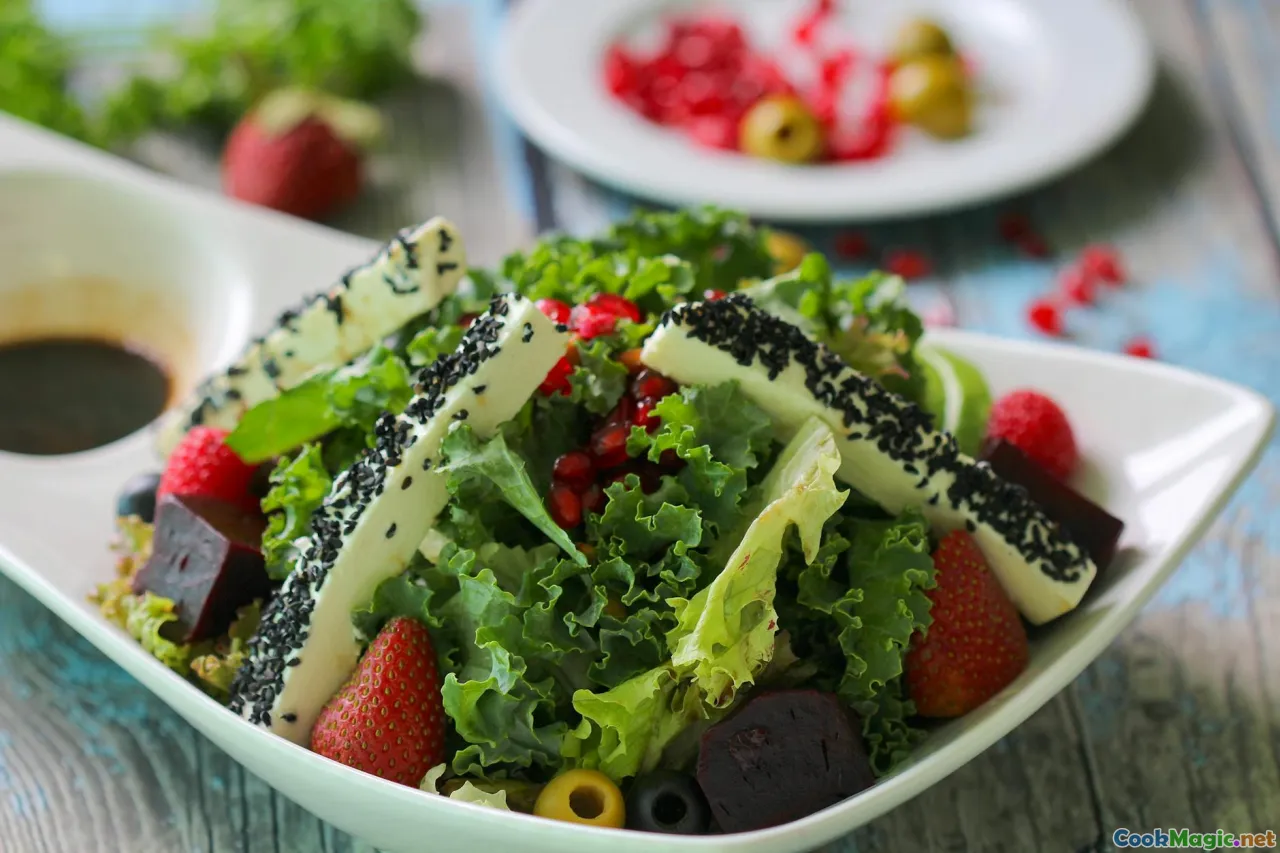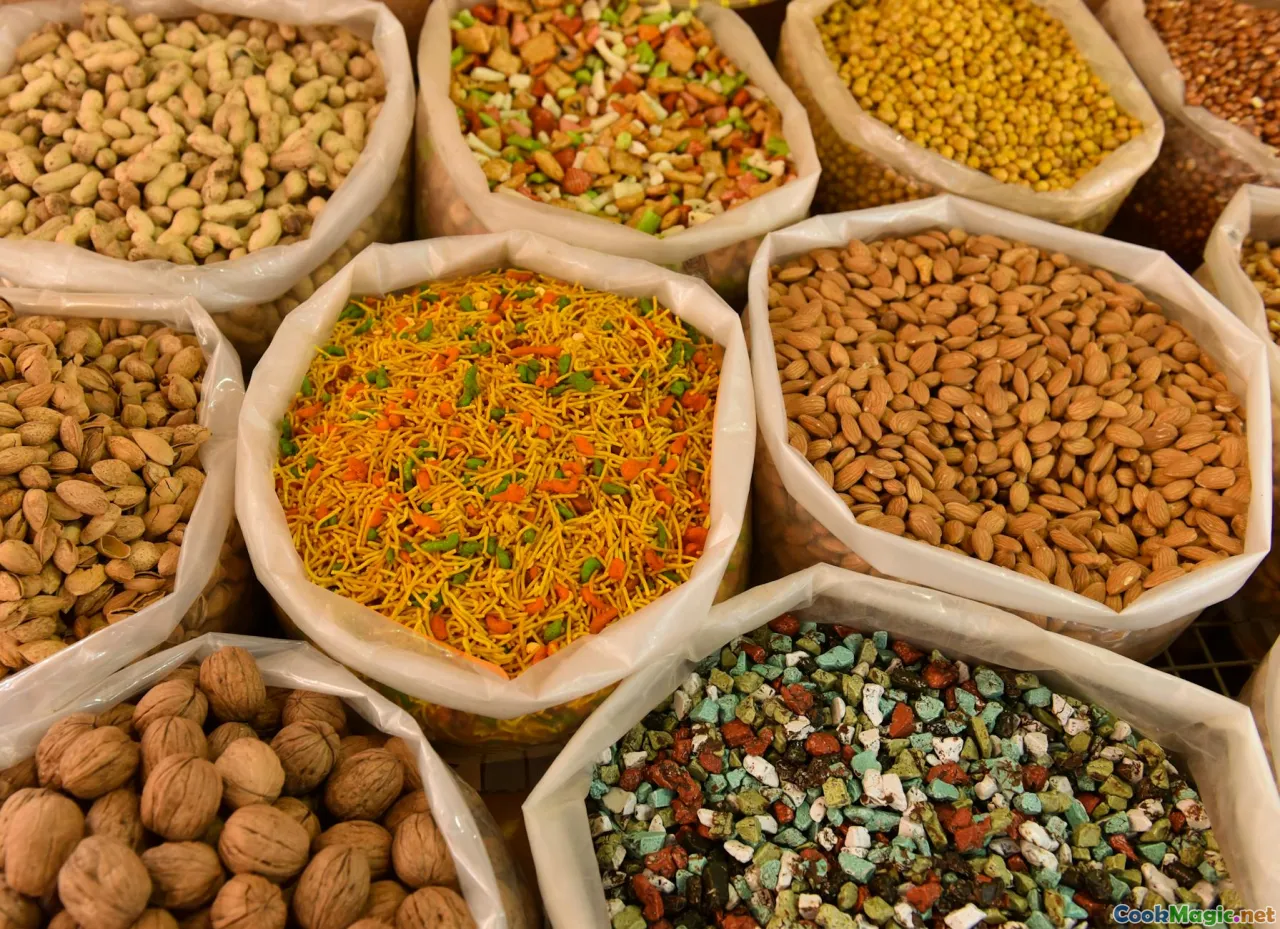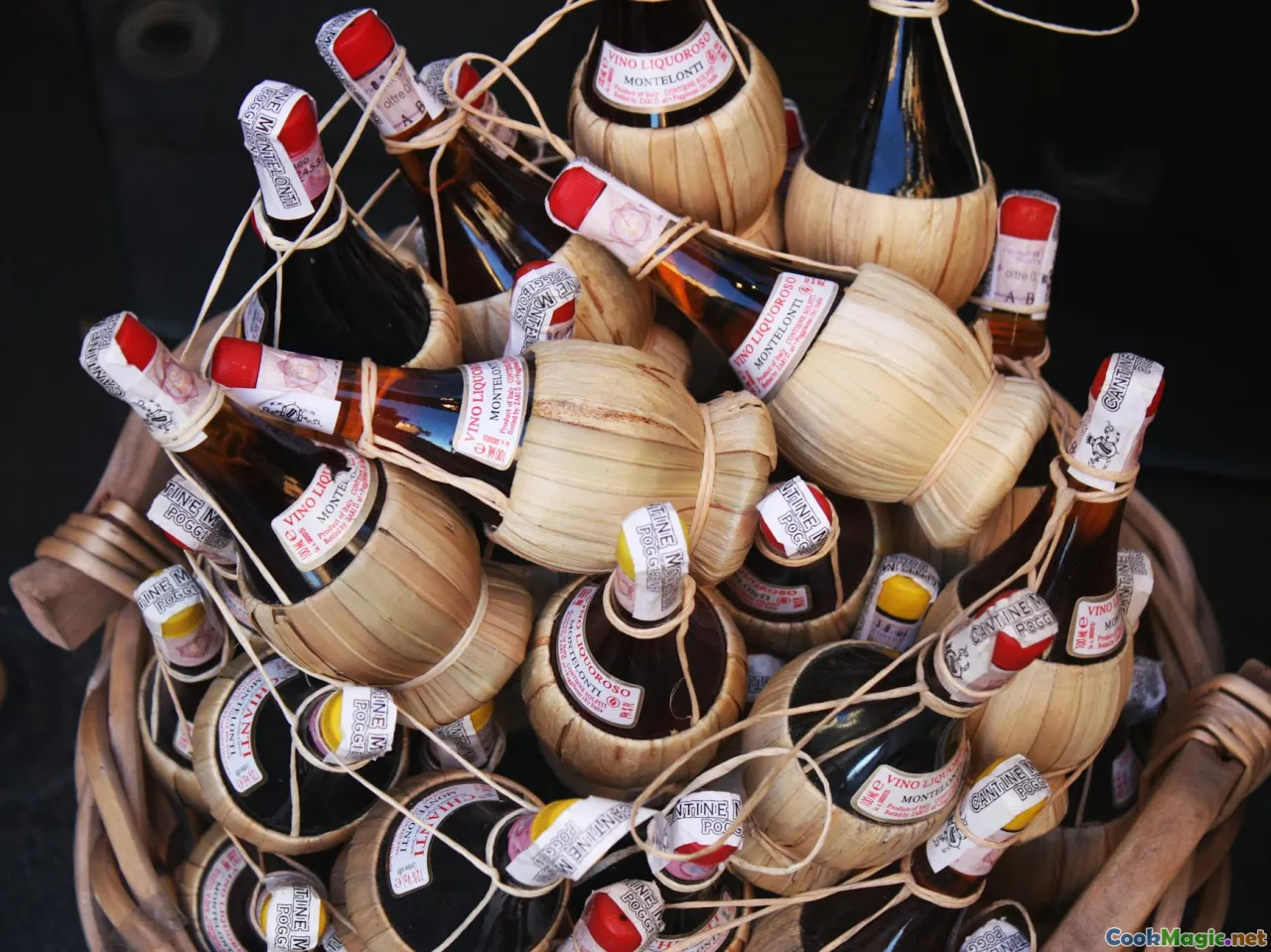Unique Ingredients in Azerbaijani Dishes
10 min read Discover rare ingredients that give Azerbaijani dishes their distinctive flavor and cultural richness, highlighting unique spices and local produce. July 12, 2025 15:05
Unique Ingredients in Azerbaijani Dishes: A Deep Dive into Culinary Heritage
Azerbaijan, often dubbed the “Land of Fire,” has a culinary tapestry woven from ancient traditions, diverse landscapes, and a rich mosaic of cultural influences. Stepping into Azerbaijani kitchens or markets reveals an array of ingredients that seem almost magical in their ability to transform simple components into aromatic masterpieces. These ingredients aren’t just flavors; they are stories, history, and emotion simmered into every dish. Join me on a flavorful journey to explore some of the most captivating and unique ingredients that define Azerbaijani cuisine.
The Gilan Spinach: A Leaf of Resilience and Flavor

In the lush, fertile valleys of Gilan and surrounding regions, a special type of spinach thrives—delicately tender yet resilient enough to withstand the intense heat of Azerbaijani summers. Unlike common spinach, Gilan spinach boasts a slightly bitter but deeply earthy taste, with a satisfyingly crunchy texture when freshly harvested. It is often used in piti or layered into dovga, the traditional yogurt soup, imparting a vivid green hue and a complex aroma reminiscent of fresh verdant fields.
Personal insight: During my first visit to a small village near Gabala, I was handed a handful of freshly picked Gilan spinach. The smell was intoxicating—a mix of dew and spicy earth. Cooking it simple with garlic and lemon, I understood why this humble leaf has sustained generations—its flavor brings the spirit of Azerbaijani resilience.
The Aromatic Sumac: The Tang of History

Few ingredients evoke the deep history of a land like sumac. This crimson berry, dried and ground into a tangy, lemony spice, plays a pivotal role in Azerbaijani cuisine. Used generously to season salads like azan or sprinkled over kebabs, sumac adds an invigorating tartness that enlivens the palate. Its sharpness complements the richness of grilled meats and balances the sweetness of peppers or tomatoes.
Culturally, sumac’s significance is profound—it traces back centuries to ancient trade routes where merchants traded these shrubs along the Silk Road. Its vibrant red color mirrors the passion of Azerbaijani hospitality, and its flavor ties a plate to the earth and history.
Tips for cooks: grind fresh sumac to unlock its full aroma just before adding to your dish. Its citrus nuances shine brightly when paired with olive oil and freshly chopped herbs.
The Nutty Charm of Pomegranate Seeds

Few ingredients symbolize Azerbaijan’s fertility and vitality like the pomegranate. These jewel-like seeds burst with a sweet-tart flavor, and their ruby-red brilliance brightens traditional dishes with an almost magical glow. Locally known as nar, pomegranate seeds are sprinkled atop piti, mixed into salads, or used as a garnish for kutabs (Azerbaijani stuffed flatbreads).
The pomegranate’s significance runs deep: historical tales speak of Persian kings and biblical tales echo with its symbolism. In Azerbaijani culture, the pomegranate garden invites families during harvest season, filling the air with a refreshing, slightly floral perfume.
Creative tip: for a simple yet elegant dessert, blend pomegranate seeds with crushed walnuts and honey, and serve with a dollop of thick Azerbaijani clotted cream.
Cardamom and Clove: Fragrant Spices of the East

Walking through Baku’s spice bazaars, the aroma of crushed cardamom pods and dried cloves envelops visitors like a warm blanket. These aromatic spices are staples in Azerbaijani desserts such as saray and shekerbura, infusing baked goods with layers of spicy warmth and floral sweetness.
Cardamom, with its intoxicating scent of eucalyptus and citrus, is often added to tea, giving it an inviting aroma that encourages long, convivial conversations. Dried cloves, with their intense, slightly bitter aroma, add depth to meat stews and fruit preserves.
Insight: fresh spices mean more than flavor—they carry memory. When I visited local spice vendors, I was told that grinding the spices just before use preserves their essential oils and vibrant personalities.
The Heavenly Horse Milk Wine: Krymsky Chorsech

An extraordinary and relatively unknown ingredient in Azerbaijani culinary tradition is kormas made from horse milk, known as Krymsky Chorsech—a fermented dairy drink with a slightly sour, tangy flavor. Although more cultural than everyday culinary staple, it offers a window into the ancient nomadic lifestyles of Azerbaijani tribes.
This fermented milk has a custard-like consistency and a remarkably complex aroma that hints at wild herbs and subtle gaminess. Historically, it was prized for its purported health benefits and endurance-boosting properties, especially among pastoral communities.
How to explore: While not a common kitchen ingredient today, attending a traditional yurt festival often presents opportunities to taste this unique beverage, which pairs surprisingly well with hearty bread and grilled lamb.
The Exotic Qaraqaba: A Rare Confection

Among the lesser-known ingredients is qaraqaba, an earthy, sweet confection made from a mixture of roasted nuts, honey, and a touch of spices—sometimes infused with saffron or cardamom. Its dark, hearty appearance masks a delicate balance of sharp crunch, honey sweetness, and aromatic richness.
Qaraqaba originally served as a medicinal sweet, believed to strengthen health and fortify the spirit. Today, it’s served during national celebrations and weddings, embodying Azerbaijani ingenuity in transforming humble ingredients into memorable delicacies.
Personal note: sampling qaraqaba at a village wedding revealed how food can carry the spirit of community, history, and resilience wrapped in a single bite.
Bringing It All Together: A Personal Reflection
Exploring Azerbaijani cuisine is like peeling back layers of a rich cultural onion—each ingredient revealing stories of ancient civilizations, nomadic herders, and resilient farmers. These ingredients are not just flavors, but embodiments of history, geography, and emotion.
From the sacred pomegranate to the resilient Gilan spinach, each element whispers its story, inviting those who taste to connect deeply with the land and its traditions. This is the magic of Azerbaijani cuisine—a symphony of unique ingredients that define a nation's identity.
Next time you seek to elevate your culinary repertoire, consider integrating these distinctive ingredients. Not only will your dishes evoke flavor and aroma, but they will also tell a story—one of a resilient culture rooted in tradition yet vibrant with the promise of the future. Truly, Azerbaijani ingredients are a taste of history, culture, and heart in every bite.









